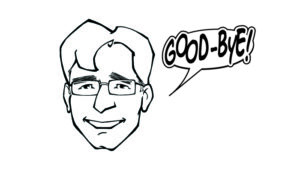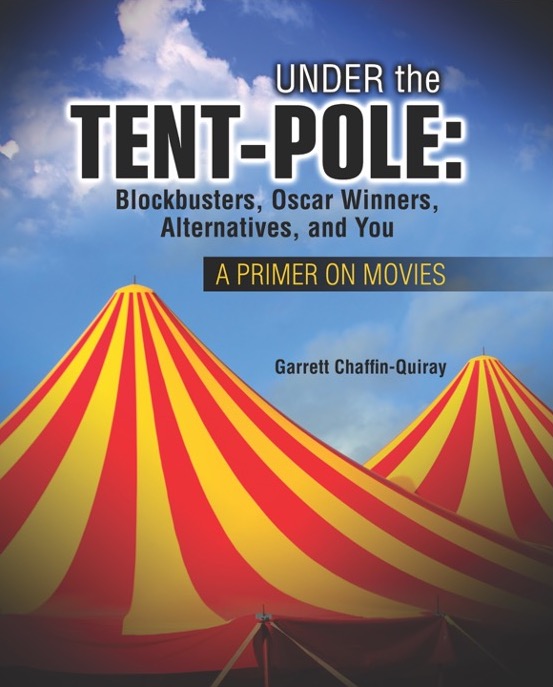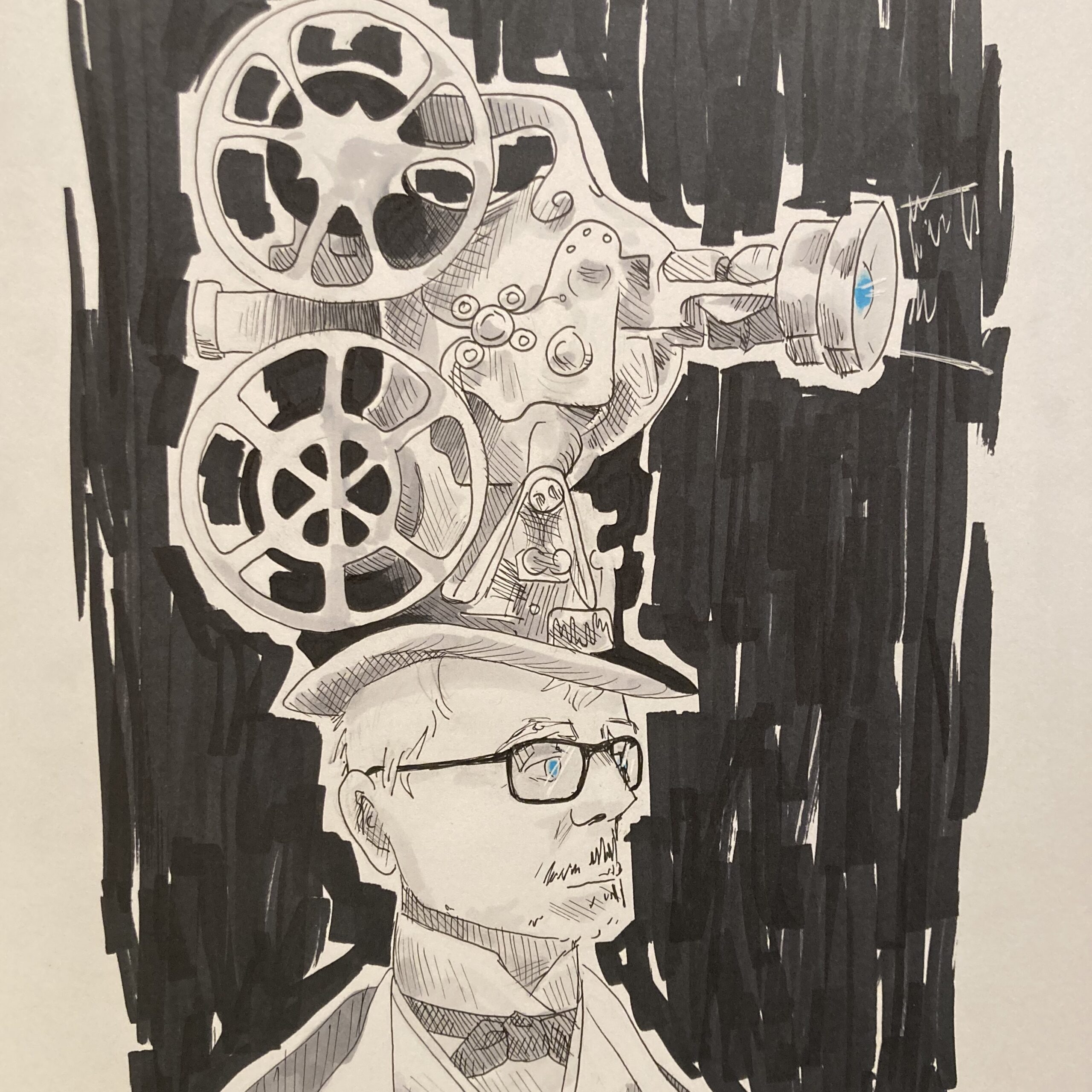Nothing that’s been written about them should get in the way of one simple fact: movies are fun. They provide warmth in cold seasons and add excitement during life’s doldrums.
Movies also fuel a stock of images, sounds, and stories that amplify existing cultural norms and, occasionally, inflame new ones that change the lives of millions. They present an array of products and ideas that literally keep afloat the careers of tens of thousands of people, not to mention the millions more that weekly benefit from their work, whether they produce popcorn or cardboard containers.
So, movies are fun. But they are also useful since they communicate an awareness of social habits over time. Movies are a record of what happened, over there, in front of that camera, or in that post-production booth, where jumbled images and sounds fused to present a particular message.
There are very few accidents in movies. Instead, there is a lot of polishing and shaping in the life of a movie that finally results in telling a story, or the dramatic summary of an event.
The lesson now is to apply the lessons of Under the Tent-Pole and understand that it’s a moral and ethical good to be aware of circumstances, whether for watching movies or sustaining free trade agreements. That much clarity lends well to becoming a person of influence.
As a final note, watching movies has paved the way to great satisfaction in the life of this writer. Hopefully, some part of that excitement and joy is transferable. If so, the reader may help preserve the future as a cinematic place in which people engage the noise of society and renew themselves by making fresh discoveries, and communicating new ideas, on-screen.
All of this is possible because movies are fun.

–February 15, 2014

